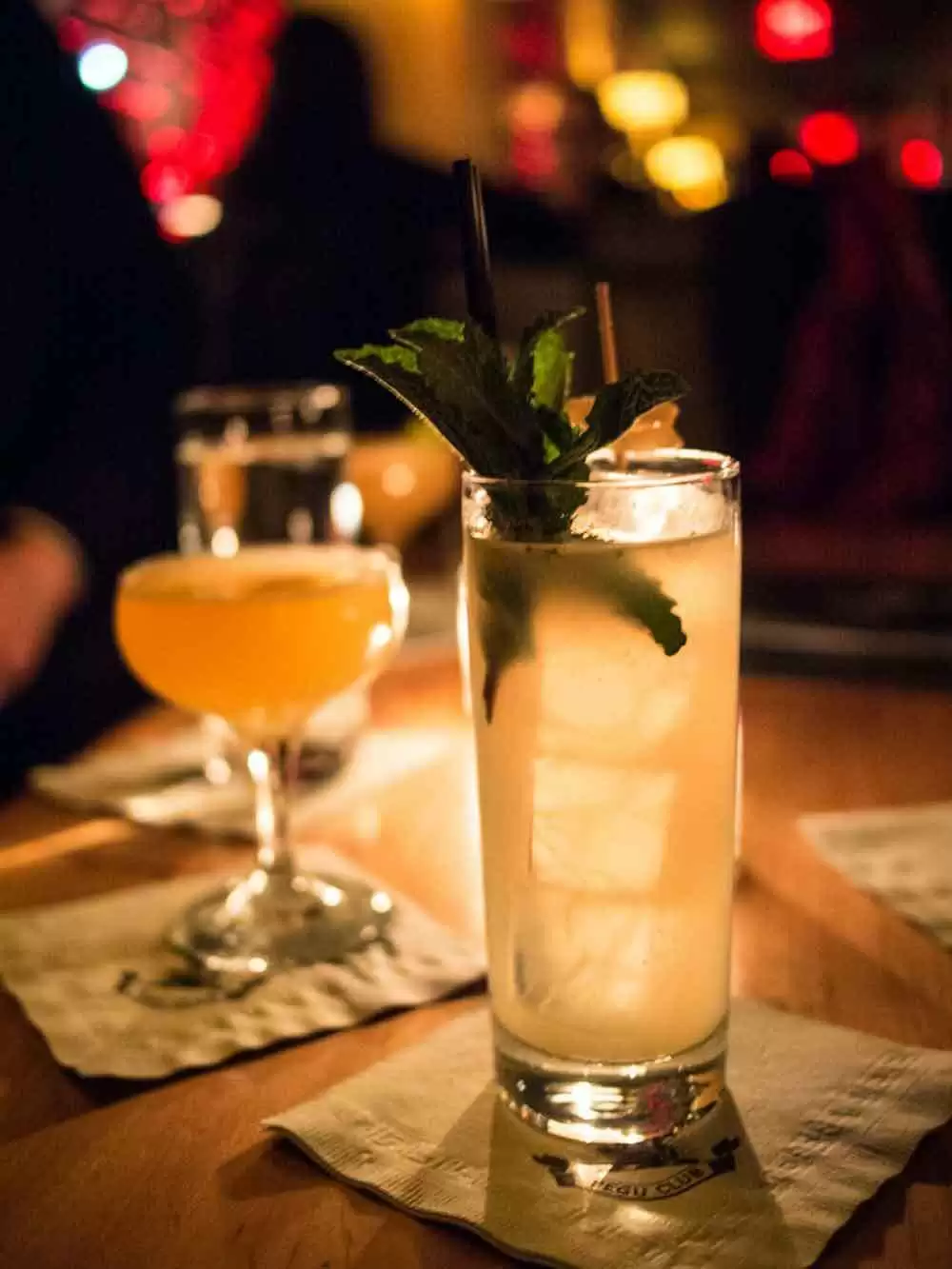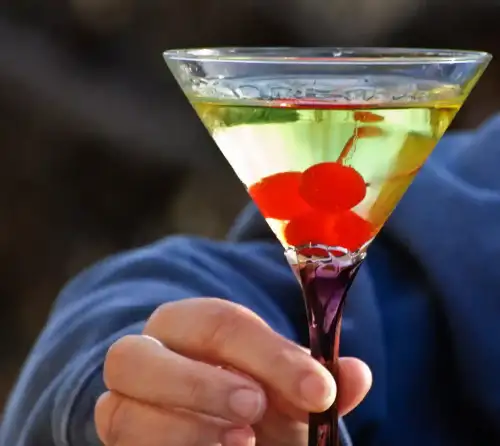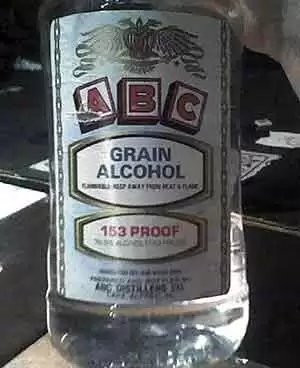
Celiac.com 02/22/2020 - We get a lot of questions about which alcoholic beverages are gluten-free and safe for people with celiac disease. The safest answer is that alcohol that is brewed or distilled using no gluten ingredients and which is labeled gluten-free is the safest bet. That said, the actual answer is more complex.
According to the American Dietetic Association (ADA) all distilled spirits are gluten-free, that is, there is no gluten in the final product of any distilled alcohol. ADA guidelines indicate that all 100% distilled spirits are safe, including whiskey, bourbon and gin.
Celiac.com Sponsor (A12):
Also, some people with celiac disease claim to be sensitive to distilled alcohols made with grains, while many tolerate them just fine. The solution is to know your alcohol. Beware of anything that seems to provoke an adverse reaction. Trust your gut and your own judgement. If you prefer whiskey and tolerate it well, then carry on. If something bothers you or upsets your stomach, then maybe consider another choice. Here are some helpful tips and some links to help you figure our which alcoholic beverages are gluten-free and gluten-safe for people with celiac disease.
Why Are Some Alcohols Labeled Gluten-Free and Others Not?
If all distilled spirits are gluten-free, then why do some have a gluten-free label and some do not? What's the difference?
The main difference in the U.S. is that products labeled "gluten-free" must contain no gluten ingredients from start to finish (for distilled alcohols this ban ends on 9/14/2020). So, beer, wine, or distilled alcohol made from corn, sorghum, millet, sugarcane, rice, grapes, or anything else that doesn't contain wheat, barley or rye, can be labeled "gluten-free."
Gluten-Free Alcohols
Alcohols distilled or fermented from non-grain ingredients, and which contain no gluten additives or flavorings are the safest choice, as they are naturally gluten-free from start to finish. These products can also be labeled as "gluten-free." Examples include Rum, Sake, Soju, Tequila, Potato Vodka, Corn Vodka, Sorghum Whiskey, Wines, Beers brewed without wheat, rye, or barley.
Gluten-Safe Distilled Alcohols
Again, many people with celiac disease easily tolerate whiskey, gin, grain-based vodkas, and other alcohols distilled from grains, with no complaints. Others claim sensitivity to these products. Technically, because they are distilled, these products contain no gluten in the final product, and beginning 9/14/2020 can be labelled "gluten-free" in the United States.
Unsafe Non-Gluten-Free Alcohols
Traditionally brewed Beers and Ales must be avoided, since nearly all traditional beers and ales are brewed with barley malt. Even many rice beers use malt, but there are a dozens of gluten-free beers on the market today.
Beware of Gluten in Additives & Flavorings
Please note, that any type of wheat, rye, or barley that may be added after distillation, such as adding some of the original mash back into the product to enhance flavor might change that equation. The same is true of things like barley malt in some wine coolers. Flavorings added after distillation can include gluten, so be careful.
Resources for Gluten-Free and Safe Alcoholic Beverages
Gluten-Free Alcohol - Here's our extensive list of Gluten-Free and Safe Alcoholic Beverages
Gluten-Free Beer - Here's our Oktoberfest Beer Guide! Gluten-free vs. Gluten-removed Beers
Gluten-Free Wine - Gluten in wine is extremely rare these days. Here's some helpful information on the subject.
Read about or readers' personal wine experiences here.
Gluten-Free Safe Foods and Ingredients - This list of gluten-free, SAFE foods and ingredients is helpful for knowing which foods and ingredients are safe for people with celiac disease or gluten intolerance.
Non-Gluten-Free Unsafe Foods and Ingredients - This list of non-gluten-free, UNSAFE foods and ingredients is helpful for knowing which foods and ingredients to avoid.
Celiac Disease & Gluten-Free Forum - Our forum is a great place to ask questions and get answers about gluten-free alcohol and other issues from real people with celiac disease.






.webp.e5762a087e9ec49f62859874987d86ce.webp)



Recommended Comments